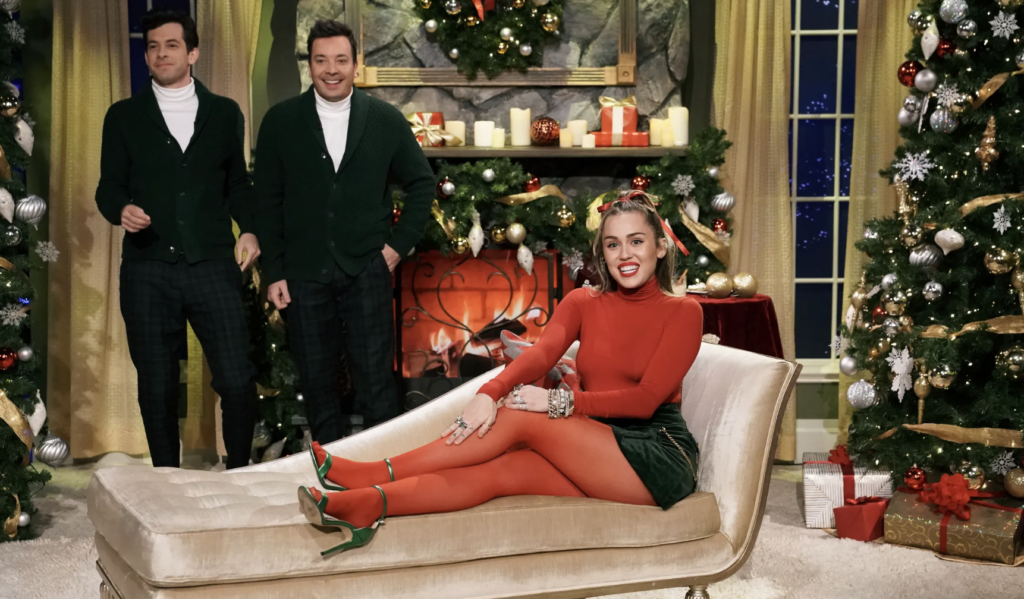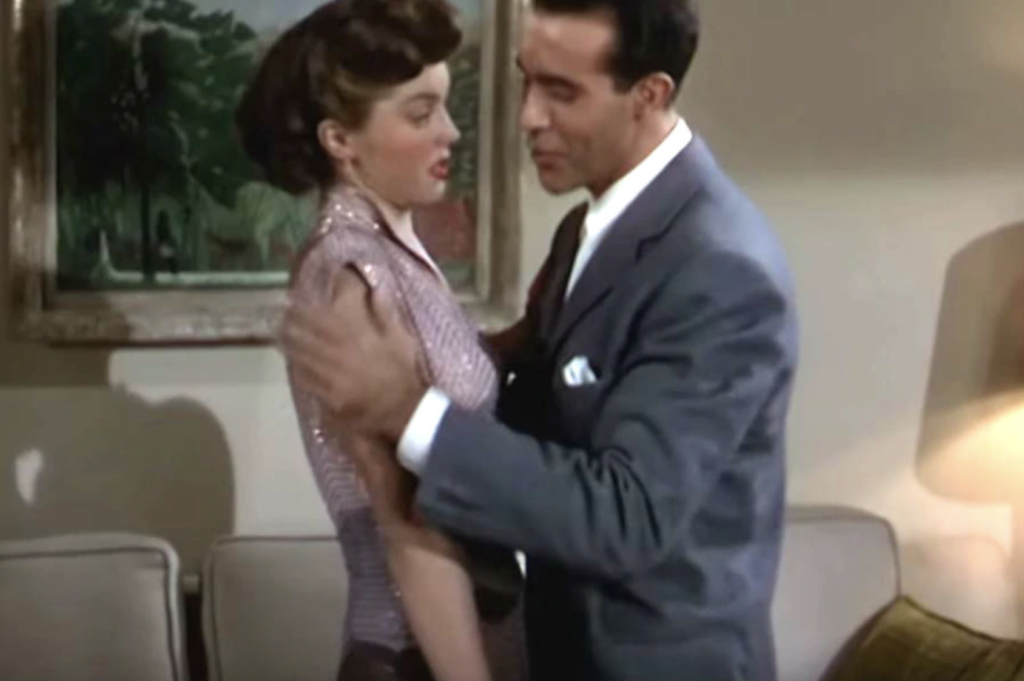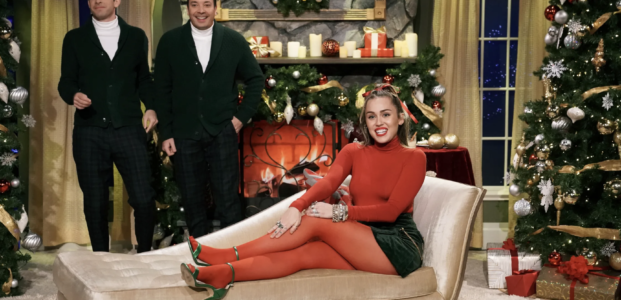CW: This blog post contains some course language, including d**m and a**.
The end of another year is rapidly approaching, as we prepare to say goodbye to the year that was 2022 and look forward to our favourite end-of-year holidays and celebrations.
What appears to be the most favourite is undoubtedly the Holiday season, with Christmas being the most common holiday in Australia. And there are multiple reasons why it’s the most wonderful time of the year. In the southern hemisphere, we swap poles for pools and snow for sun, complete with barbecues and beer. Then there are the traditions that are celebrated all over the world, from gift-giving, turkey and fruitcake, and the crowd-favourite, Christmas carolling. No matter what, no one can deny the hold Christmas carols have over consolidating that nostalgic, homely sense of Christmas spirit and are always there to take the bah out of your humbug.
For sure, there’s a very obvious satisfaction and feeling of warmth we experience when listening to these songs. For some, they serve as ways to relive memories with our loved ones, some of which may have passed, remind us of the importance of spending quality time with close friends and family and a time for new beginnings. In Australia, it might even trigger us to long for a cosy, wintry Christmas, as is the way and custom across the globe.
Well, don’t get too comfortable. While Christmas carols currently have a good wrap, some, of course, deserve this title, but some also do not. In 2022, it’s time to unwrap the problematic side and toxic lyrics (those that perpetuate gender norms and neglect consent) of some carol classics, regardless of the mistletoe.
Most of us are probably familiar with the sultry, seductive song (bordering on the uncomfortable) Santa, Baby. While the lyrics are certainly catchy, it potentially positions the female singer as subject to the male gaze, through creating a narrative where women should “demand” materialistic goods from men (Santa) based on how conventionally and physically attractive they are. We can hear the singer using the word “baby” to persuade Santa, seen as almost a patriarchal figure, to buy highly decadent or expensive gifts, including a “’54 convertible”, a yacht and checks. Of course in 2022, we know women do not need to rely on a “breadwinner” to receive presents, and they do not need to have their worth classified based on their level of attractiveness. Looks are not the criteria used to decide how much money is spent on a woman.
And of course, it is completely backwards to label women who do not sexually favour men as “bad”, “naughty” and undeserving of gifts from Santa.
In a 2018 Christmas special appearance on The Tonight Show Starring Jimmy Fallon, pop singer and icon Miley Cyrus heavily criticised Santa, Baby for its patriarchal and one-dimensional depiction of the archetypal “gold-digger” narrative. She responded by performing a parodic rendition to the original song, with updated lyrics that consisted of “a girl’s best friend is equal pay” and “I can buy my own d**m stuff”.

Additionally, she stated that what women really want is basic respect from fellow male employees: “Santa baby, I’d love to know my a** won’t get grabbed at work, by some ignorant jerk”. As we know all too well, even in 2022 women are experiencing too-high levels of sexual harassment and abuses of power from male coworkers and men in prominent roles.
The Christmas song, Baby It’s Cold Outside, is a popular tune made even more popular by its heavy feature in the 2003 film, Elf. Everybody who has seen that Christmas classic movie can remember the famous shower scene which featured an (albeit unintentional) duet of the song, a scene which resonated as uncomfortably funny regarding 2003 standards. But it actually appeared long before that in the 1949 film, Neptune’s Daughter.
Written in 1944, long before any legislative women’s rights first garnered national and global attention, the song has some major issues. Typically sung as a duet just like in Elf, the “male” part continuously begs a woman to stay with him for the night. Even though the woman repeatedly responds by explicitly stating she wants to go home, the man refuses to take no for an answer (as we know, this is a MAJOR red flag). Here are some of problematic lyrics:
At least I’m gonna say that I tried (What’s the sense of hurtin’ my pride?) /
Ah, you’re very pushy you know? I like to think of it as opportunistic /
The answer is no (But baby it’s cold outside) /

This isn’t cute; it’s creepy and uncomfortable. And it ignores a very straightforward and clear NO from the woman. In fact, the man pressures her so heavily to the point where she begins to wonder if he’s put something in her drink (ick). In real life situations, we know that drink spiking is a form of sexual harassment, neglecting freely given consent.
With these negative messages, it may not be the Christmas song you want to be listening to this year.
All in all, ‘tis the season to rethink some of these Christmas carols, even if they’re up there with your faves. Being produced for Christmases celebrated decades ago, these songs need to be appropriated for the audience of today.
Even during the holiday season, we ought to be greeting the promotion of positive messages about respectful relationships and dignity.
Mistletoe is never an excuse.

